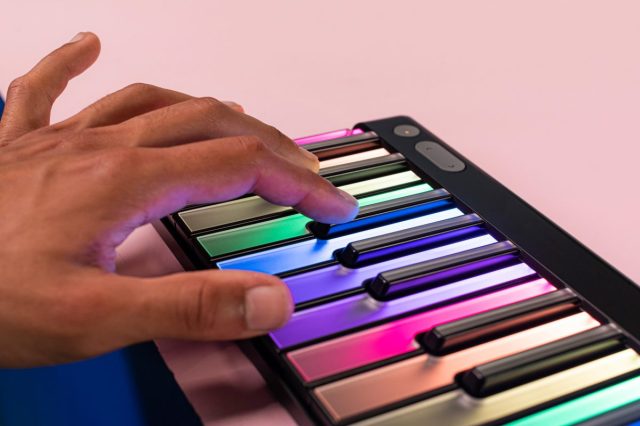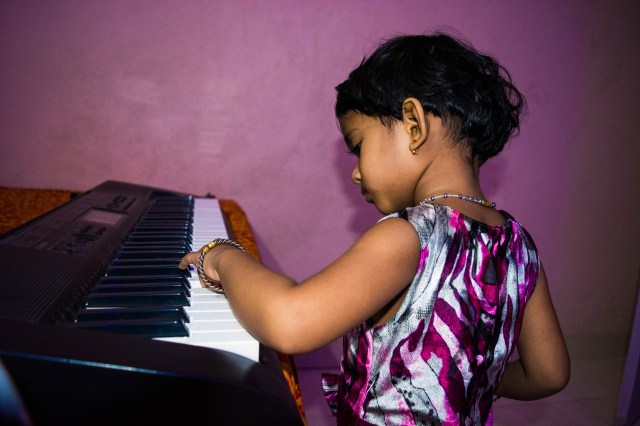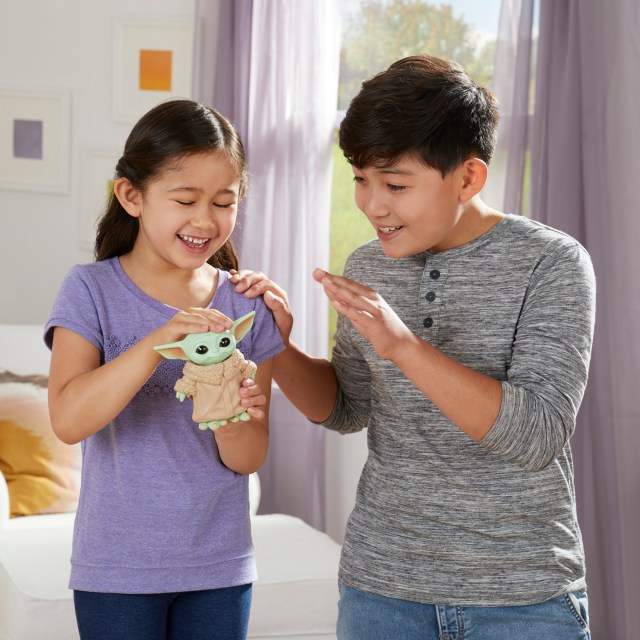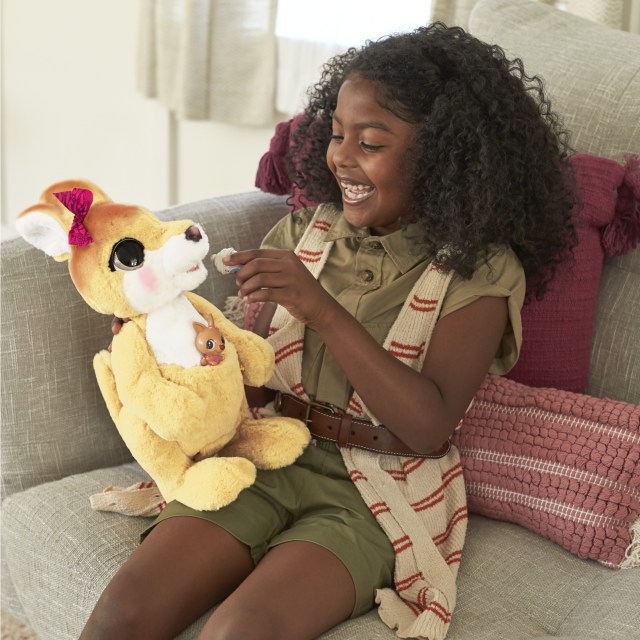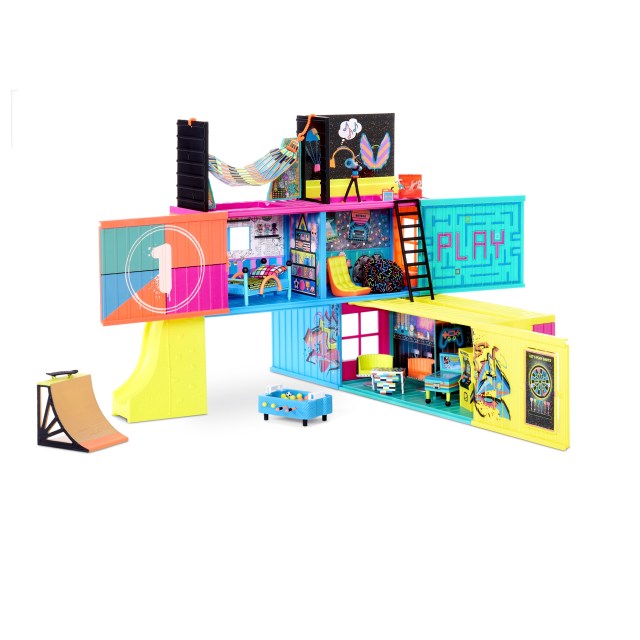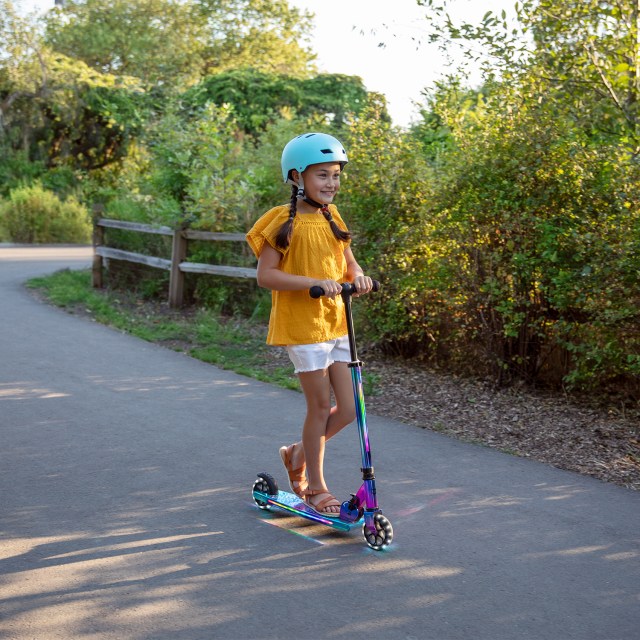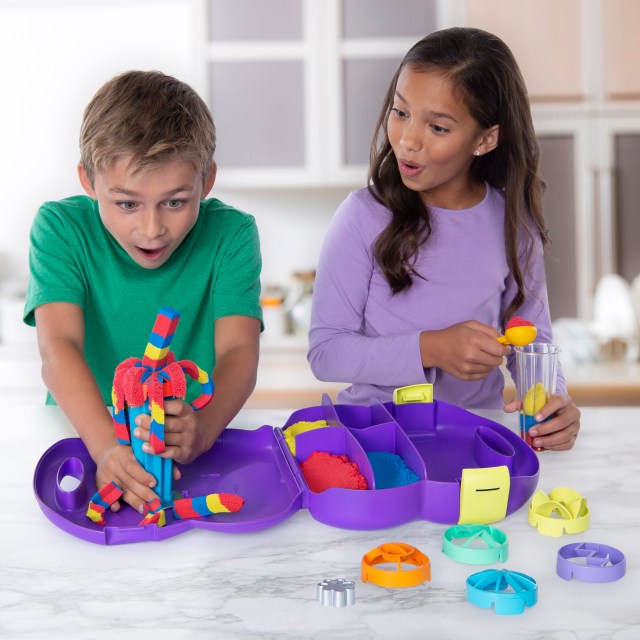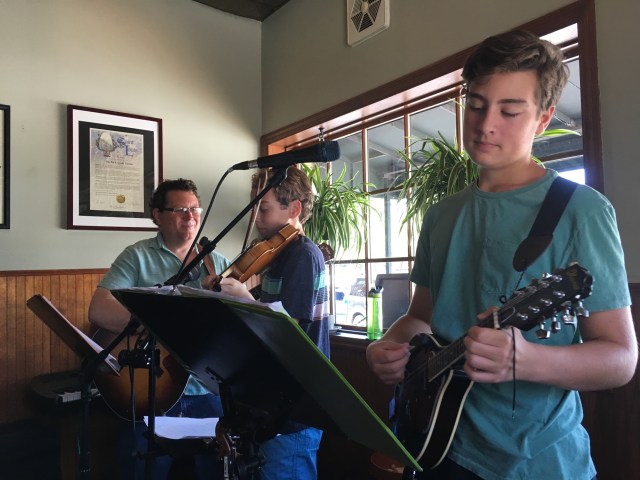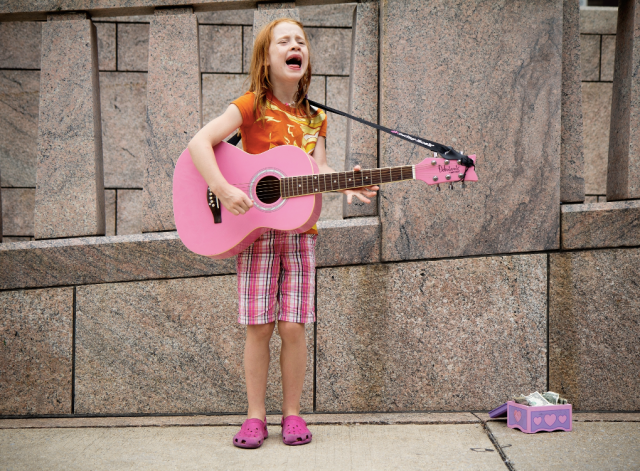With many kids learning remotely, parents are looking for enrichment activities that can be accessed from home. LUMI offers a way to learn how to play the piano without leaving the house.
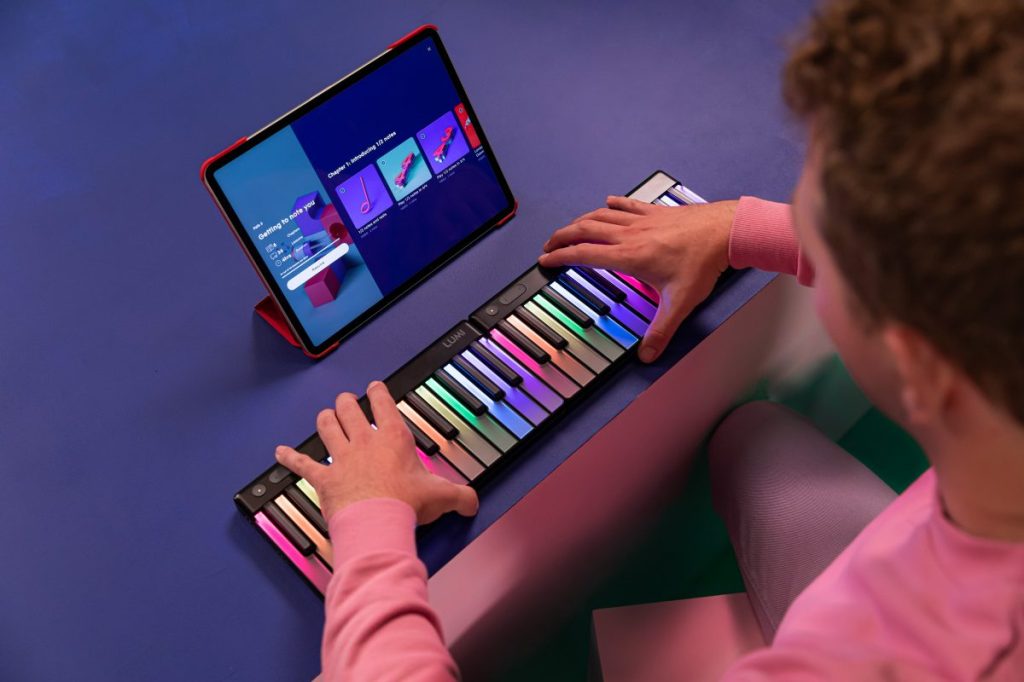
The all-in-one LUMI system lets you choose the songs you love from Beyonce to Beethoven in the app and play them instantly by following lights on an illuminated keyboard. You can select from hundreds of songs, lessons and exercises that will help to build lifelong musical skills
Roland Lamb, founder and CEO of ROLI, said: “We set out to make LUMI the world’s first fully integrated hardware, software, and content platform for music learning. Its growth and evolution over the past year truly make LUMI the easiest and most fun way to get started learning the piano. Meeting a need that’s more important than ever before, LUMI empowers people who love music to teach themselves an instrument entirely from home.”
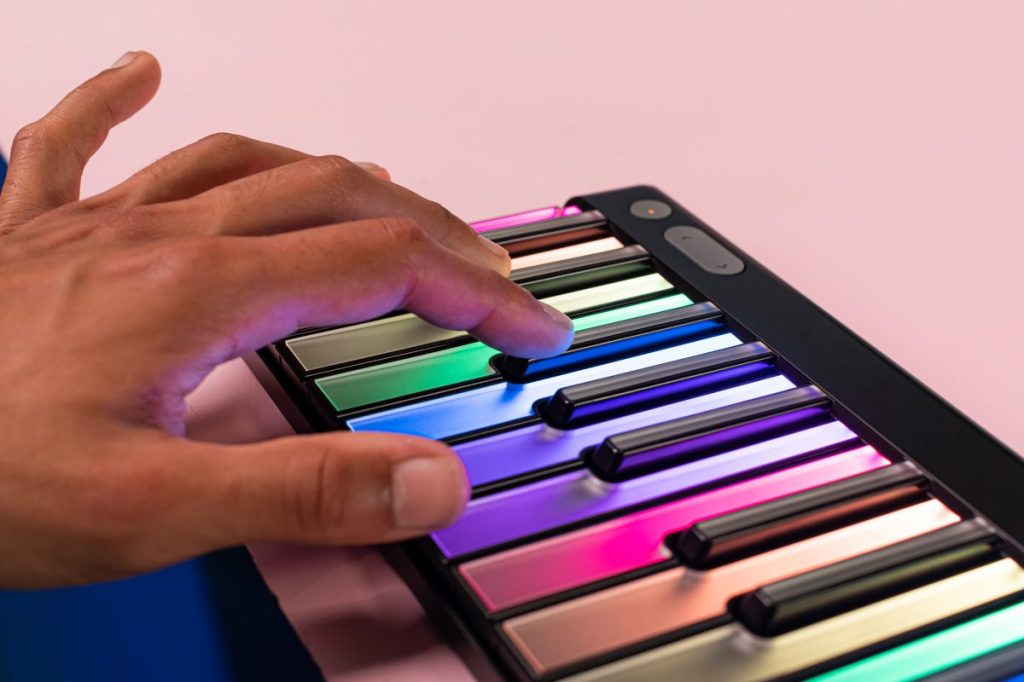
Previously available only on Kickstarter, LUMI was the most-funded music learning project ever on that platform. Over the past year, ROLI has comprehensively upgraded LUMI Keys and the LUMI app based on feedback from thousands of early users. These improvements include:
- Internally redesigning LUMI Keys 1 for an overall stronger build. Now 77g heavier, the keyboard is more durable. Its key action performance is better and its key sensitivity is even more precise.
- Tripling the size of the LUMI Complete content library, now with 400+ songs and 100+ lessons.
- Introducing new ways to read music and play songs, including through traditional black-and-white musical notation.
- Introducing 360 exercises for practicing scales and chords in every key.
- Improving navigation, interactivity, and the performance of the app experience on an expanded range of devices.
Stock of LUMI Keys 1 is limited, and all preorders will be delivered on a first-ordered, first-shipped basis. Early buyers save $130 in a limited-time bundle offer that includes LUMI Keys 1, a free Snapcase, free shipping, and a $50 discount voucher to LUMI Premium all for $299.
—Jennifer Swartvagher
All photos courtesy of LUMI
RELATED STORIES
Virtual Events Calendar: Online Events & Activities including Storytimes, Crafts, Sports and More
Celebrities Read Bedtime Stories to Comfort Kids Stuck at Home
